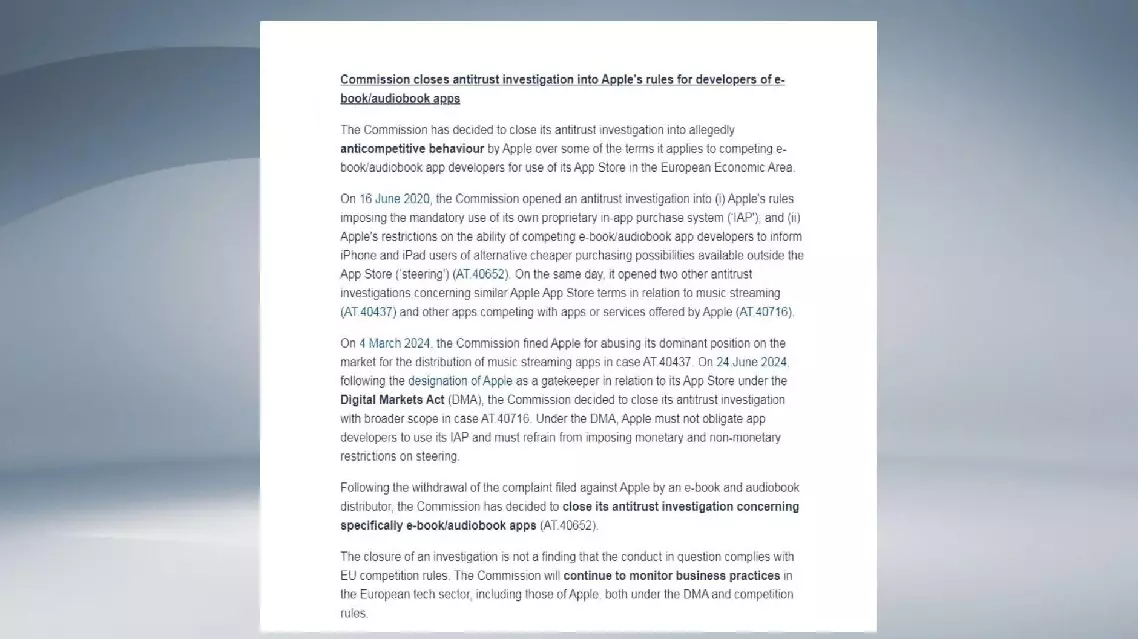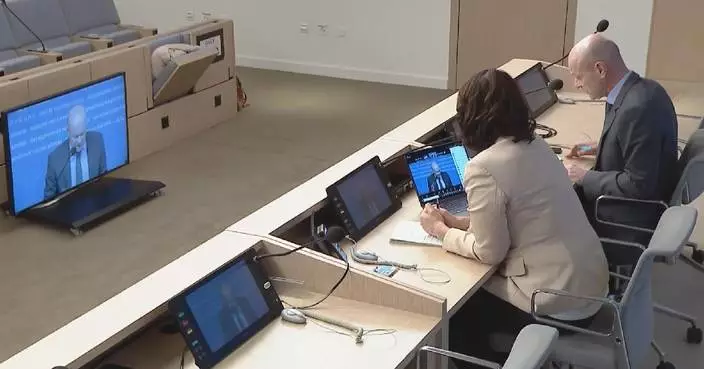Russia will keep testing new missiles, including in combat conditions, depending on the situation and the nature of the security threats posed to Russia, President Vladimir Putin said on Friday.
Putin made the statement in a meeting with the defense ministry leadership, representatives of the military-industrial complex and missile system developers a day after Russia launched a new medium-range ballistic missile Oreshnik on a defense production site in the central Ukrainian city of Dnipro.
Describing the first use of Oreshnik as a successful test, Putin praised the missile system developers, saying their achievements and the short time they took to develop the new system inspire pride and admiration.
In the face of new and mounting threats and challenges, the development of such weapons systems holds vital importance for Russia, Putin noted.
Russia has a whole line of medium- and shorter-range systems. Along with the Oreshnik system, several similar systems are currently being tested in Russia. Based on the test results, these weapons will also go into production, Putin said.
The new missile fired into Ukraine on Thursday carried non-nuclear warheads, according to Putin, who said the test was in response to Ukraine's use of U.S. and British missiles to attack Russia.

Russia to keep testing new missiles in combat: Putin
The European Commission on Friday announced its decision to close the four-year-long antitrust investigation into Apple's rules for competing e-book and audiobook app developers following the withdrawal of complaint.
However, the Commission also stated that the closure of the investigation should not be seen as confirmation that Apple’s actions align with EU competition rules.
The Commission will continue to monitor the business practices of technology companies, including Apple, in accordance with the Digital Markets Act (DMA) and competition rules, it said.
In 2020, an e-book and audiobook distributor filed an antitrust complaint against Apple, accusing the company of prohibiting developers from directing users to other purchasing channels and requiring all in-app purchases to be made through Apple’s payment system, a practice that violated EU competition rules.
In March, the European Commission slapped Apple with 1.84 billion euros in fines for alleged abuse of its dominant market position in distributing music streaming apps to iPhone and iPad users through its App Store.
The iPhone maker is not the only major U.S. company to face antitrust complaints in the EU in recent months. Earlier this month, Facebook owner Meta was fined 798 million euros (around 846 million U.S. dollars) related to allegations that its advertisement services unfairly favor its own classified service, Facebook Marketplace.
Meanwhile, Amazon may face an EU antitrust investigation amid allegations that the e-commerce giant has given priority to its own brands through its services, Reuters has reported.

EU closes antitrust probe into Apple's e-book rules after complaint withdrawal










